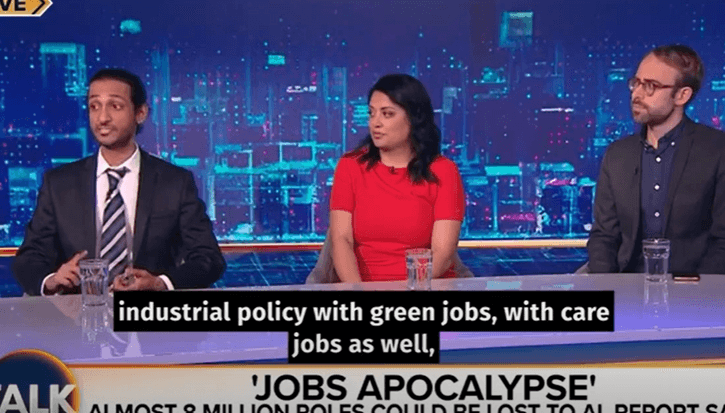What this crisis of classroom 'extremism' tells us about deeper problems in our schools system
Article
Instead, the best thing I have read today on the so-called Trojan Horse affair is a blog by the BBC's Mark Easton, in which he records that 'the evidence of Islamist extremism in Birmingham schools appears thin' and sensibly asks:
'[W]hen does a religious tradition become an extremist agenda? For example, would a Christian school that tells its pupils that homosexuality is sinful, be traditional or extreme? What about the free school in Lancashire that includes daily mandatory transcendental meditation – is that extreme?'
He goes on to point out:
'What there may well have been is an attempt by some conservative Muslims to encourage an ethos within Birmingham schools that is true to their religious tradition. But is that very different from Michael Gove's encouragement of parents in Catholic academies to be true to their religious tradition?
'If, like 629 other state-funded English secondaries, Park View had been allowed to become a faith school, then one presumes the Islamic ethos would no longer be regarded as a threat to the welfare of the pupils. Conservative Muslims would be no different from conservative Catholics looking to escape from moral and cultural relativism.'
This gets to the nub of it. Some commentators have argued that the Birmingham schools placed into special measures are not faith schools, as if that proves something. But it is precisely because their intakes are almost wholly Muslim that they sought to accommodate the faith of their local communities – and in the course of this undertook some activities that few of us would find acceptable.
The issue then is how we handle socially conservative expressions of faith in our school system. We could offer equality to Muslim communities, as Liam Byrne and others have argued, and allow many more Islamic faith schools. That would at least permit us to get beyond the barely disguised contempt for British Muslims that is written between the lines of much of today's newsprint. There are indeed multiculturalist theorists who argue precisely this path, namely to broaden cultural recognition to include faith, and to run this logic through our public institutions, such as the House of Lords.
The alternative – which I favour – is to diminish, where possible, segregation by faith, and to insist on Enlightenment values in what is taught in our schools (as the secretary of state has done, for example, in respect of creationism and evolution). The messy pragmatism of the 1944 Butler Act – which brought Anglican and Catholic schools into the state sector – means that we will always have faith schools in our country; the question is whether we want to go expanding their role, while at the same time insisting on the promotion of British values, or be honest about the tensions between conservative religious beliefs and much of what we believe constitutes those values, like equality for men and women.
This is an old question, to be sure. The rather more recent one thrown up by these events is how the architecture of the English state could have become so deformed as to allow a headline that 'dawn raids' would take place in the institutions that educate our children? What kind of politics and democratic structures get us to that state of affairs? Or one in which a national Education Funding Agency can become a ministerial arm that now reaches right across the operation of whole swathes of schools, by virtue of the funding agreements that academies and free schools have with the secretary of state? Or one in which the schools' inspectorate can be perceived as a political operation? This all calls for much deeper reform.
Related items

Forging ahead: Deciding the direction of IPPR's Migration Policy Unit
In our last blog post for the Migration Policy Unit we shared our new way of working as we endeavour to be inclusive and transparent in our policymaking process. In this blog we set out what our first and flagship project is for the policy…
Who gets a good deal? Revealing public attitudes to transport in Great Britain
Transport isn’t working. That’s the message from the British public. This is especially true if you’re on a low income, disabled or living in the countryside. The cost of living crisis has exposed the shortcomings of our transport system,…
Bhargav Srinivasa Desikan on TalkTV discussing AI
IPPR's Bhargav Srinivasa Desikan on TalkTV discussing his new report on the impact of generative AI on the UK labour market.